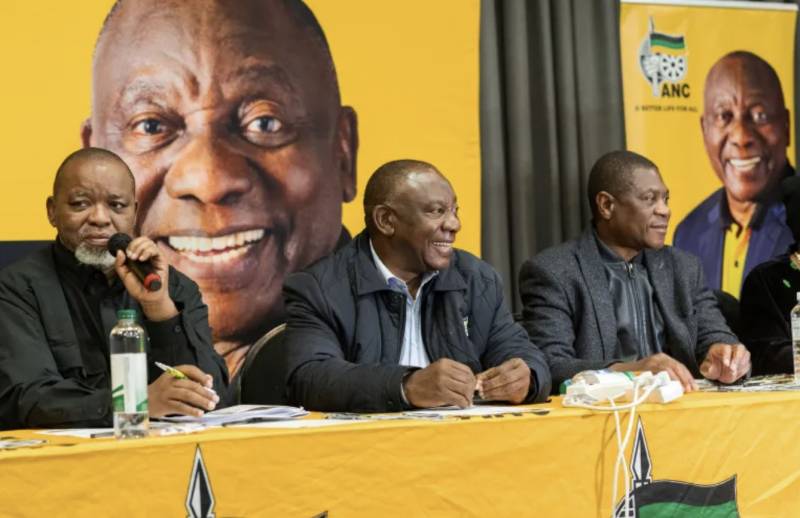
The South African elections ended in a resounding defeat for the African National Congress, which has lost its majority for the first time in 30-years since apartheid ended in 1994. President Cyril Ramaphosa has suggested that the ANC wants to form a national unity government, after days of negotiations with rival parties.
“We agreed to invite political parties to form a government of national unity as the best option to move our country forward… The purpose of the government of national unity must be first and foremost to tackle the pressing issues that South Africans want to be addressed,” Ramaphosa said to the press.
Even though the ANC ended up as the largest single party with 40.18% of the vote, it does not have a majority in parliament. The ANC could form a coalition with either the right-leaning, white dominated Democratic Alliance, its nearest rival and the second-largest party with 21.8% of the vote, or the uMKhonto we Sizwe (MK) party led by former President Jacob Zuma, which got 14.6% of the vote.
But analysts suggest that the party does not want to be overly reliant on a single coalition partner, which is why it is suggesting a broad, multiparty coalition.
As per the South African constitution, parties have until 18 June to negotiate who will hold power.
A national unity government would leave little to no opposition in parliament, but will have to be negotiated among multiple party leaders.
A unity government is not without precedent in South Africa either, as the first post-apartheid government led by Nelson Mandela and the ANC was a unity government that lasted for 3 years.
Ramaphosa’s ANC needs to strike deals with its political rivals that would allow it to maintain its own positions without compromising excessively. The party will need to offer positions in the executive, and in the cabinet, in exchange for support from its rivals.
Zuma’s MK has explicitly stated that they are unwilling to join an ANC-led coalition if Ramaphosa heads the party. The right-leaning DA has claimed that it is unwilling to work with the Marxist, pan-Africanist Economic Freedom Fighters party (EFF) led by Julius Malema.
